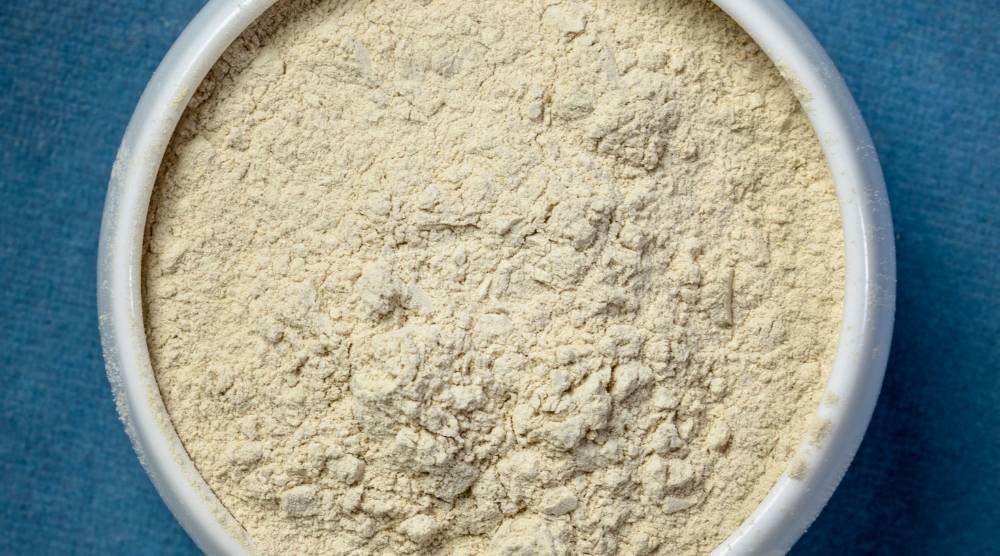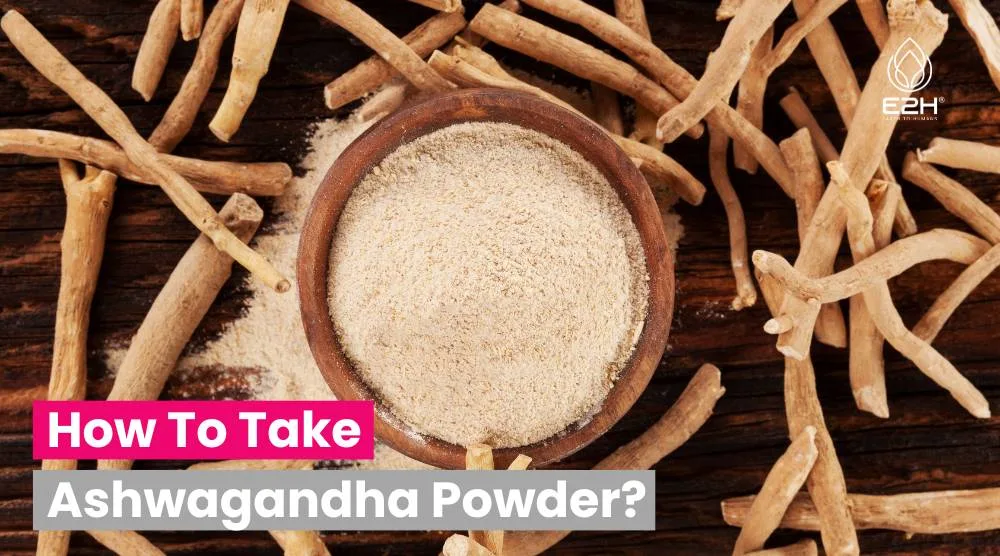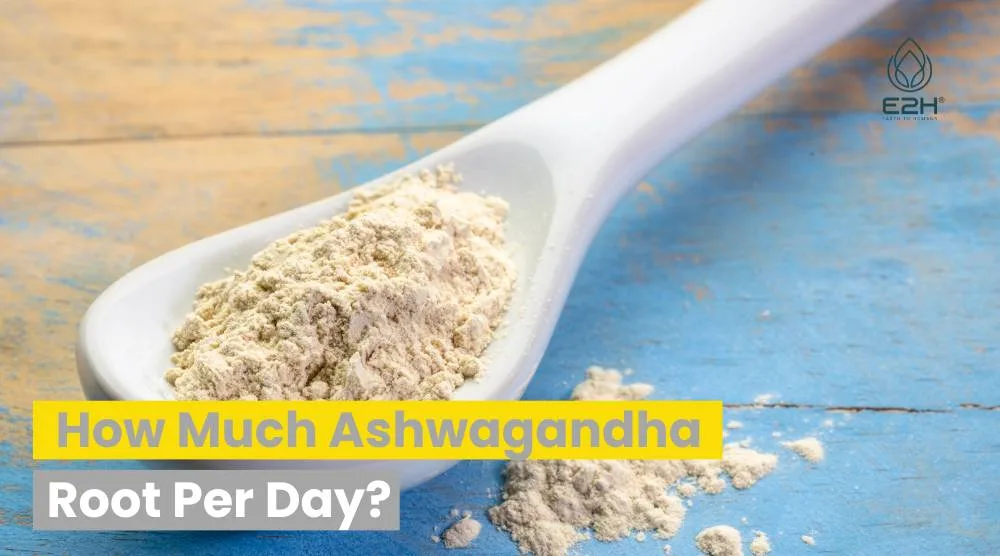Can You Take Ashwagandha While Breastfeeding: Ashwagandha is not recommended for breastfeeding mothers. It can cause stomach upset, diarrhea, and vomiting in large doses, and may interact with certain medications and health conditions.
Curious about ashwagandha and breastfeeding? Keep reading to understand its effects, benefits, and what experts say, ensuring you make the best choice for you and your baby.
How Safe Is Take Ashwagandha While Breastfeeding?
The safety of ashwagandha for breastfeeding mothers is not clearly established. Research on its effects during lactation is limited. Ashwagandha can cause digestive issues like upset stomach, diarrhea, and vomiting, especially in large doses.
It’s known to interact with various medications, including those for anxiety, high blood pressure, and diabetes, and may affect those with health conditions like thyroid disorders, bleeding disorders, and autoimmune diseases. Additionally, ashwagandha might alter thyroid test results and should be avoided before surgery.

Pregnant women are advised against using ashwagandha due to the risk of miscarriage, and similar caution is suggested for breastfeeding mothers, as its effects on nursing infants are not well understood. It’s important for nursing mothers to be aware of these potential issues when considering ashwagandha.
Does Ashwagandha Positively Or Negatively Impact Milk Production During Lactation?
The impact of ashwagandha on milk production during lactation is not definitively known. Limited studies suggest it may have a potential to increase milk supply, but there’s also a concern it could interfere with certain hormonal levels essential for lactation. Due to the lack of comprehensive research, it’s difficult to confirm whether ashwagandha has a positive or negative effect on milk production. Nursing mothers should be cautious and informed about the possible effects of ashwagandha on lactation.
Should Nursing Mothers Pause Before Taking Ashwagandha, Considering Potential Risks?
Nursing mothers should be cautious about taking ashwagandha. While its full impact on breastfeeding is not thoroughly researched, there are potential risks. Ashwagandha can cause digestive issues and interacts with several medications, including those for blood pressure, diabetes, and anxiety. It may also affect women with certain health conditions like thyroid disorders. Given these concerns, and the lack of clear evidence on its safety for nursing infants, it’s prudent for breastfeeding mothers to consider these factors carefully when thinking about using ashwagandha.
What Experiences Have Other Breastfeeding Mothers Had With Ashwagandha?
Experiences of breastfeeding mothers with ashwagandha vary. Some report feeling more relaxed and noticing improved sleep patterns, which can be beneficial during the demanding postpartum period. However, others have experienced digestive issues like upset stomach or changes in their baby’s behavior and digestion when taking ashwagandha.
It’s important to note that these experiences are anecdotal and lack scientific backing. Due to the mixed responses and the absence of comprehensive research on ashwagandha’s safety during breastfeeding, mothers often approach its use with caution.
What Does Research Reveal About The Relationship Between Ashwagandha And Breastfeeding?
Current research on ashwagandha’s relationship with breastfeeding is limited and inconclusive. Some studies suggest potential benefits, like enhanced milk production and reduced stress, which could be advantageous for nursing mothers. However, there’s also a concern about its safety, particularly regarding how it might affect a nursing infant.
Ashwagandha has been known to interact with certain medications and may cause side effects like digestive upset. Due to these mixed findings and the lack of extensive, focused research on breastfeeding mothers, the relationship between ashwagandha and breastfeeding remains an area needing more comprehensive study.
How Can Breastfeeding Moms Find The Right Balance In Ashwagandha Dosage?
For breastfeeding moms considering ashwagandha, finding the right dosage is challenging due to the lack of specific guidelines. Generally, ashwagandha dosages in studies range from 250 to 600 mg daily, but these are not tailored for breastfeeding. It’s crucial to start with a low dose, possibly even lower than the standard recommendations, to monitor any effects on both the mother and the baby.

Observing any changes in digestion, sleep patterns, and overall well-being can guide adjustments in dosage. However, due to the variability in individual responses and the absence of specific research on breastfeeding women, caution and gradual approach are key.
What Are Natural Alternatives To Ashwagandha For Breastfeeding Mothers?
Natural Alternatives to Ashwagandha for Breastfeeding Mothers:
- Chamomile: A soothing herb, great for relaxation and aiding sleep.
- Fenugreek: Often used to enhance milk production and overall wellness.
- Ginger: Helps with digestion and has anti-inflammatory properties.
- Turmeric: Known for its anti-inflammatory benefits, aiding in postpartum recovery.
- Omega-3 Fatty Acids: Found in fish oil and flaxseeds, beneficial for mood and health.
- Probiotics: Support gut health and can improve digestion.
- Peppermint: Good for digestion and has a calming effect.
- Lavender: Helps with relaxation and stress relief, useful for postpartum anxiety.
Why Is Consulting A Healthcare Provider Essential For Breastfeeding Moms Considering Ashwagandha?
Consulting a healthcare provider is crucial for breastfeeding moms considering ashwagandha due to several reasons:
- Safety Assessment: Healthcare providers can evaluate the safety of ashwagandha for both the mother and the baby, considering individual health conditions and breastfeeding status.
- Medication Interactions: Ashwagandha may interact with certain medications. A healthcare provider can advise on potential interactions, especially with drugs for anxiety, blood pressure, and diabetes.
- Dosage Guidance: They can provide guidance on appropriate dosages, minimizing risks of side effects like digestive upset.
- Monitoring Health Conditions: For moms with health issues like thyroid disorders, a healthcare provider can monitor the condition and adjust treatments as needed when taking ashwagandha.
- Personalized Advice: Every mother’s situation is unique. Healthcare providers offer personalized advice based on individual health histories and needs.
Is Ashwagandha Considered A Superfood For Postpartum Health?
Ashwagandha is often touted as a superfood for its potential health benefits, including stress relief and improved energy levels, which can be appealing for postpartum health. However, its classification as a superfood for postpartum mothers is not straightforward.
While it has been traditionally used for its adaptogenic properties, helping the body cope with stress and fatigue, the lack of extensive research specifically on postpartum women makes its effectiveness and safety a topic of debate.
Concerns about its use during breastfeeding, due to potential side effects and interactions with medications, suggest that it may not be suitable for all postpartum mothers. Therefore, while ashwagandha has qualities that could benefit postpartum health, its use should be considered with caution.
Are The Benefits Of Ashwagandha More Than Just Stress Relief?
Yes, the benefits of ashwagandha extend beyond stress relief. It’s known for its adaptogenic properties, helping the body manage stress, but it also offers other health advantages. These include improving sleep quality, enhancing mental clarity and focus, boosting immune function, and potentially aiding in balancing blood sugar levels.
Ashwagandha has been linked to increased energy and stamina, as well as supporting overall vitality. However, it’s important to note that while these benefits are promising, they are based on traditional use and emerging research, and individual experiences may vary.
What Herbs Should You Avoid While Breastfeeding?
While breastfeeding, it’s advisable to avoid certain herbs due to potential risks to the baby. These include:
- Pennyroyal: Known to be potentially toxic.
- Wormwood: Can have harmful effects on the nervous system.
- Goldenseal: May affect an infant’s digestive system.
- Dong Quai: Contains compounds that could harm the baby.
- Yohimbe: Potentially dangerous due to its stimulating effects.
- Ephedra (Ma Huang): Can lead to dangerous side effects.
- Ashwagandha: Its safety during breastfeeding is not well-established.

Is Ashwagandha Ok To Take While Trying To Conceive?
Ashwagandha is generally considered safe for most people, but its effects on fertility and conception are not fully understood. Some studies suggest that ashwagandha may improve fertility by reducing stress and balancing hormones, which can be beneficial when trying to conceive. However, other research indicates that high doses might affect reproductive health. Due to these mixed findings, it’s important to approach ashwagandha with caution if you’re trying to conceive. Understanding your individual health situation and considering the available research can help in making an informed decision.
FAQs
Is Ashwagandha Safe for Nursing Infants?
The safety of ashwagandha for nursing infants is not well-established, and its effects on them are largely unknown.
Can Ashwagandha Affect Milk Supply?
There is limited evidence; some suggest it may increase milk supply, while others indicate potential risks.
Are There Any Known Side Effects of Ashwagandha for Breastfeeding Mothers?
Possible side effects include digestive upset, diarrhea, and interactions with certain medications.
Does Ashwagandha Pass Through Breast Milk?
There is insufficient research to conclusively determine if ashwagandha passes through breast milk.
Can Ashwagandha Help with Postpartum Stress and Anxiety?
Ashwagandha is known for its stress-relieving properties, but its safety during breastfeeding for these conditions is unclear.
Conclusion
While ashwagandha has potential benefits like stress relief, its safety for breastfeeding mothers and their infants remains unclear. It’s important to weigh the benefits against the possible risks. If you’re considering ashwagandha while breastfeeding, being cautious and informed is key. Remember, your health and your baby’s well-being are paramount. There are other safe and effective ways to manage postpartum challenges, so consider all your options for a healthy and happy breastfeeding journey.














